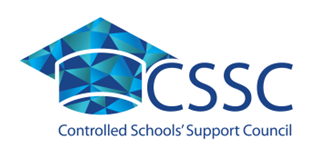Home Economics GCSE
The new GCSE level Home Economics: Food and Nutrition (first teaching Sept 2017) involves students in the study of nutrition, food choice, diet and health related issues. It encourages knowledge, understanding, application of current nutritional advice, the nutritional needs of family members throughout the life cycle and diet related conditions. GCSE Food and Nutrition provides opportunities to develop confidence in demonstrating high level practical skills and applying them to real-life contexts.
Course Content
- Food provenance, processing and production
- Nutrients and understanding what is in food and what is required for good health
- Nutritional and dietary needs throughout the life cycle
- Current nutritional advice
- Priority health issues / dietary related conditions
- Food safety issues
- Being an effective consumer when shopping for food
- Factors affecting food choice
- Retailing / shopping options
- Marketing strategies, food labelling, quality assurance
- Resource management – budgeting / food waste, methods of payment
- Food preparation, cooking and presentation skills
Course Content
Examining Board: CCEA
GCSE Food and Nutrition is comprised of 2 components:
Component 1
Food and Nutrition
(2 hour exam) – 50%
Component 2
Practical Food and Nutrition
1 Controlled assessment
Coursework task – 50%
Students complete one task based on a title released at the start of Year 12 which involves research, choice and justification, planning, practical activity (i.e. their GCSE practical exam) and an evaluation.
Teaching Methods
As a practical subject, Food and Nutrition lends itself to being taught using a variety of methods including independent learning, group and teamwork, DVD and video use. As we embark on this new course we hope to develop links with our local food producers in order to include some educational / industrial visits which will enable students to appreciate the food production industry.
It should be noted that pupils are required to fully participate practically each week as 40% of time is spent in practical cookery
activities. ICT is actively encouraged as pupils research and develop ideas for controlled assessment (using relevant software and the Internet) and present their ideas accordingly.
